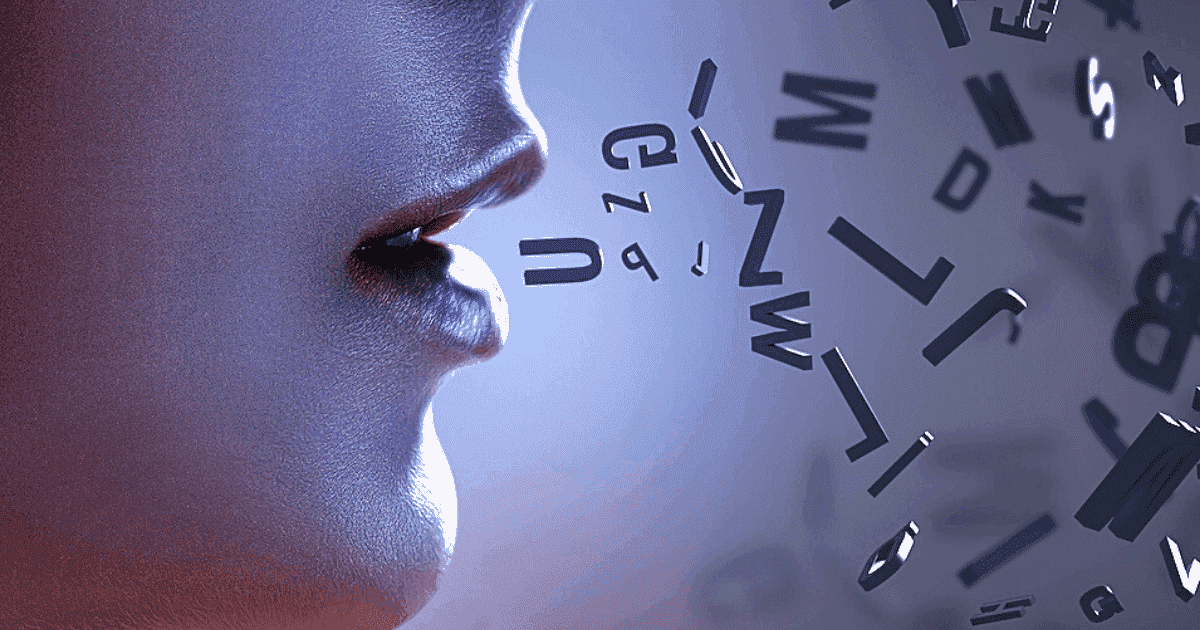Introduction
The speech disorder known as aphasia is divided according to which area of the cerebral cortex is damaged. And so there is motor aphasia, sensory aphasia, and mixed aphasia, but everything concerns speech disorders on various levels. The most common cause of aphasia is brain damage. A stroke, head injury, brain tumor, or other neurological condition can cause aphasia.
